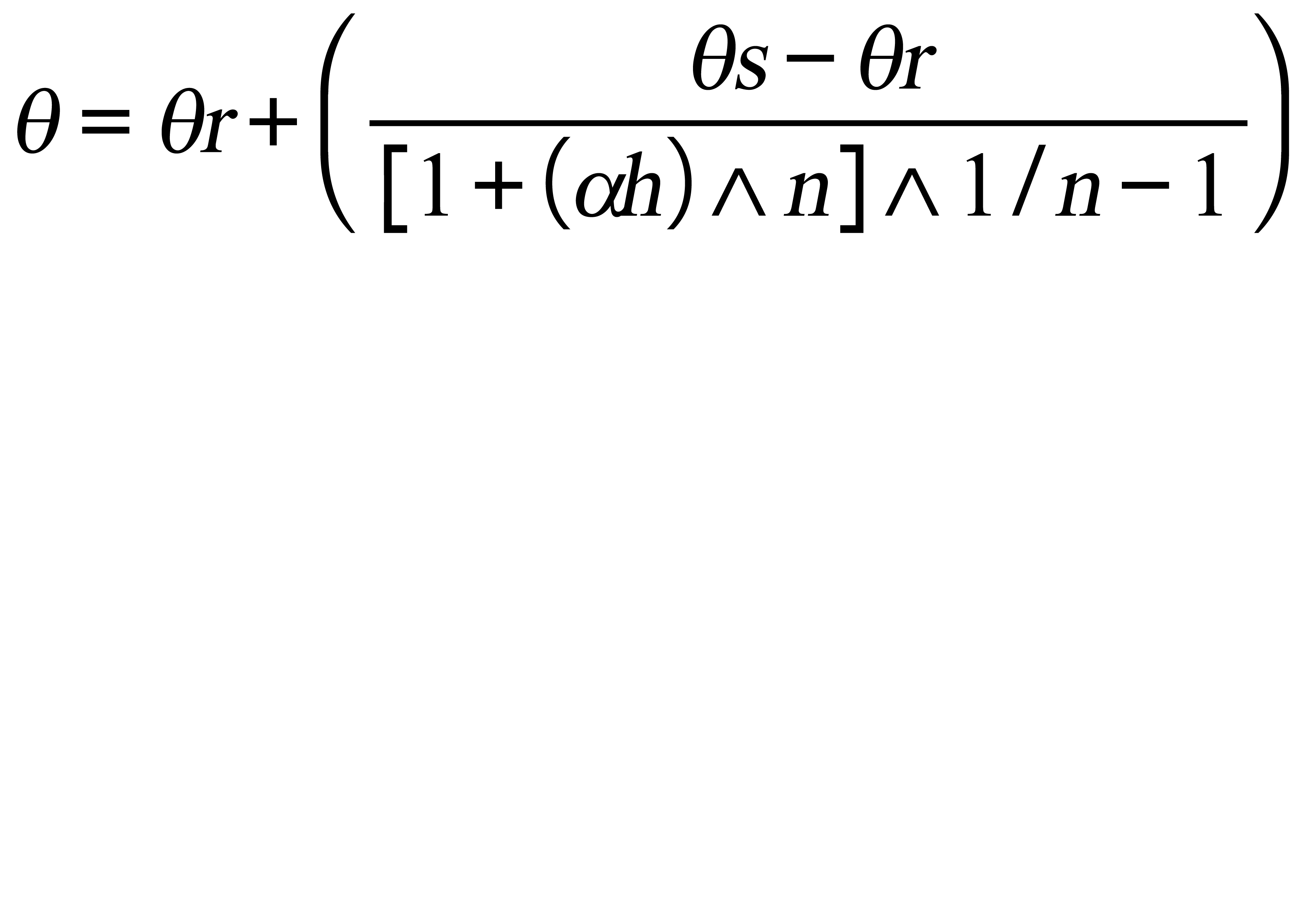Hydrogel for improving water use efficiency of Capsicum annuum crops in Fluvisol soil
Keywords:
water retainer, water consumption, irrigation frequency, yield of pepper cropsAbstract
This study aimed at assessing the effect of hydrogel on irrigation water use efficiency and yield of Capsicum annuum crops. It was used the hybrid pepper variety El Salvador as the experimental material, with row widths of 1.0 m and a 0.5 m separation between plants. We evaluated five pre-hydrated gel doses: 0.5, 1.0, 1.5, 2.0 and 2.5 g/plant. Treatments were arranged in a randomized complete block design. The variables under study were: water consumption, irrigation frequency and water use efficiency, plant height, fruit characteristics, and yield. Results showed that hydrogel, at doses ranging from 2 to 2.5 g/plant, reduced the depth of application from 388.6 mm to 197.6 and 196 mm, respectively. Water efficiency was correlated with hydrogel use producing up to 10.1 kg.m-3, whereas the control treatment reached 5.1 kg.m-3. Production variables did not show statistical significance. The conclusion is that hydrogel worked as a water retainer releasing water into the Fluvisol soil and making water use more efficient in pepper crops, without affecting plant development.

Downloads
Published
Issue
Section
License
Aquellos autores/as que tengan publicaciones con esta revista, aceptan las Políticas Editoriales.


